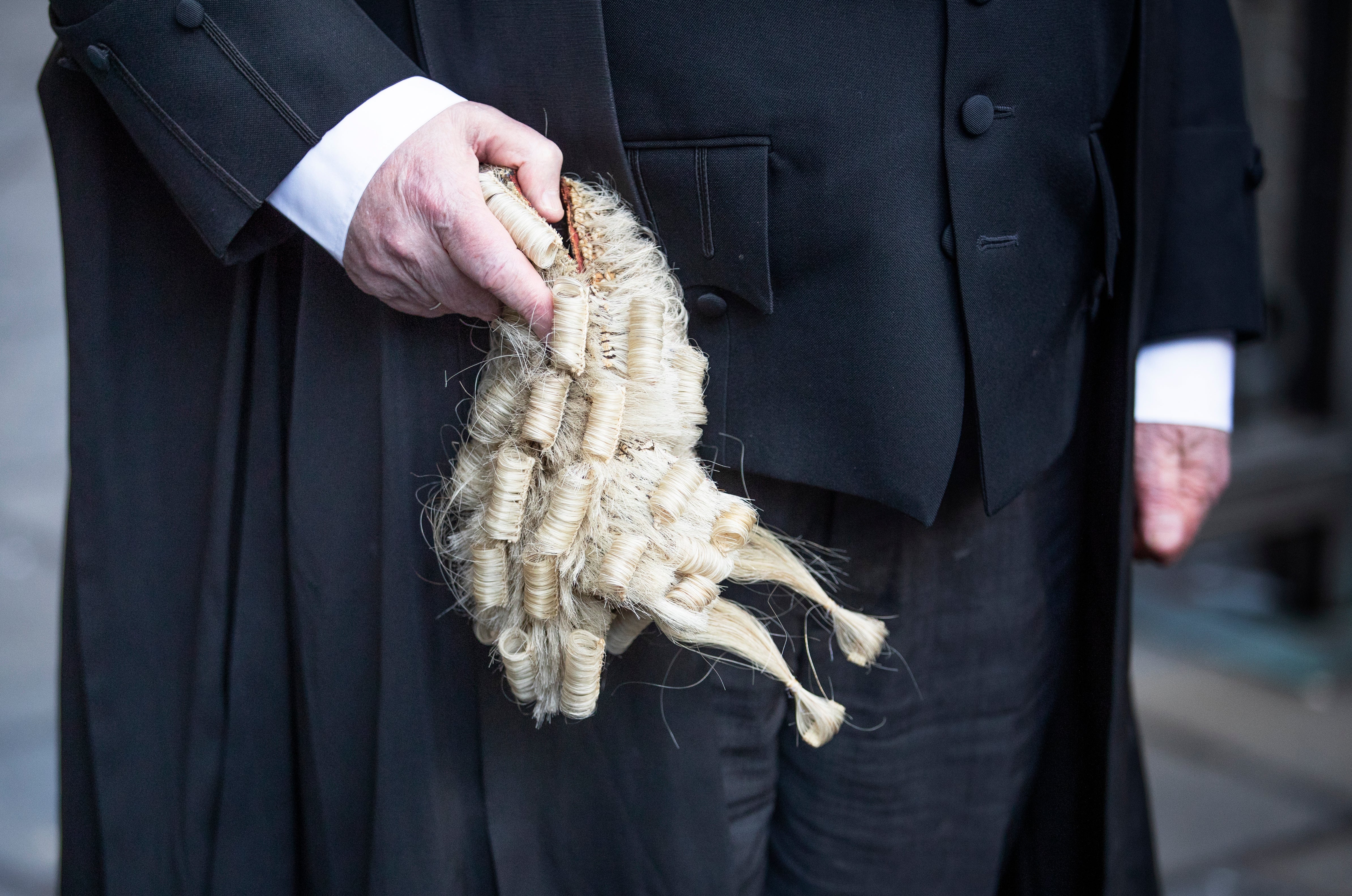‘Time has run out’ for not proven verdict, MSP says
Jamie Greene said a consensus for abolishing the controversial verdict may now exist.

Your support helps us to tell the story
From reproductive rights to climate change to Big Tech, The Independent is on the ground when the story is developing. Whether it's investigating the financials of Elon Musk's pro-Trump PAC or producing our latest documentary, 'The A Word', which shines a light on the American women fighting for reproductive rights, we know how important it is to parse out the facts from the messaging.
At such a critical moment in US history, we need reporters on the ground. Your donation allows us to keep sending journalists to speak to both sides of the story.
The Independent is trusted by Americans across the entire political spectrum. And unlike many other quality news outlets, we choose not to lock Americans out of our reporting and analysis with paywalls. We believe quality journalism should be available to everyone, paid for by those who can afford it.
Your support makes all the difference.“Time has run out” for the controversial not proven verdict in Scottish courts, an MSP has said, as Holyrood debated abolishing it.
Jamie Greene said there had been attempts to reform the three-verdict system as far back as 1846, but a consensus for change may now exist.
On Wednesday, MSPs debated a motion from the Conservative MSP which called for the removal of not proven.
The Scottish Government’s amendment accepted there was a “strong case that can be made for the abolition of the not proven verdict” but said a consultation on reforming the trial process overall should be completed.
Ending not proven is also part of a separate Member’s Bill proposed by Mr Greene.
Speaking during the debate on Wednesday, he said: “Every party went into the Scottish election promising action.
“We have been having this debate for years – for decades, actually, for centuries
“As far back as 1846 when the system was criticised, or as recently as 2013 when this parliament considered a private member’s Bill to abolish the verdict.”
He continued: “I think it’s time has run out. And now we must act.”
Justice Secretary Keith Brown responded for the Government saying the SNP had committed to a consultation on ending not proven in their election manifesto.
He said research had found jurors had inconsistent views on what the not proven verdict meant and how it differed from not guilty.
Mr Brown noted that rape and attempted rape cases had a higher rate of not proven verdicts.
However, he said a recent survey of lawyers in Scotland found 70% thought the not proven verdict should be retained.
He said: “There is clearly a breadth of informed, principled opinion on this matter and we owe it to all in the justice system to robustly consider and where appropriate challenge those views.
“What’s needed is a holistic, evidence-based approach that addresses the whole system.”
Labour’s Katy Clark told MSPs that in 2019-22 some 44% of rape and attempted rape cases had resulted in a not proven verdict.
She said: “This suggests that there was evidence but the jury felt it did not meet the beyond reasonable doubt threshold.”
Ms Clark claimed there was “no doubt that society’s attitudes towards women and girls impacts on the decisions juries take” in such cases, as she called for the justice system to “be more responsive”.
Liberal Democrat justice spokesman Liam McArthur said his party had “for some time now been sympathetic to calls for the not proven verdict to be dropped”.
Speaking about this verdict, he added: “It doesn’t really sit well in a modern legal context, not least because there is no fixed legal definition of this verdict.”
The not proven verdict can also be “confusing for the public” and “often stigmatising for an accused person, by appearing not to clear them of charges”, he said.